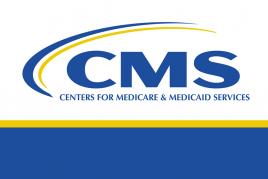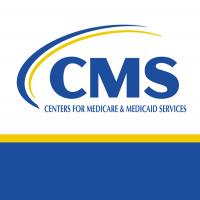CMS Calls for States To Inform Eligible Immigrants About Rule Change

State Medicaid and Children’s Health Insurance Program (CHIP) agencies – listen up! The rules have changed. Such is the message that the Department of Health and Human Services’ Centers for Medicare and Medicaid Services (CMS) aimed to get across in a recent information bulletin advising states that the 2019 public charge final rule was no longer in effect. The agency is calling for states to ensure that eligible immigrants are informed of these changes and about their right to access public benefits, such as Medicaid, if applicable.
The 2019 Department of Homeland Security (DHS) final rule, entitled “Inadmissibility on Public Charge Ground,” may have deterred immigrants from seeking for themselves and their families, including their children, critical government services that are legally available to them. The CMS information bulletin seeks to ensure that Medicaid and CHIP agencies have a clear understanding that the former DHS regulation has been vacated, and DHS is now following 1999 field guidance on public charge, which was the policy in place prior to the 2019 final rule.
Following DHS’s 1999 guidance on public charge inadmissibility, accessing Medicaid benefits, for example, will usually have no bearing on anyone’s immigration status. DHS will no longer consider a person’s receipt of Medicaid (except Medicaid for long-term institutionalization) as a part of a public charge determination when deciding immigration status.
CMS wants these state agencies to work with local partners and community groups to inform individuals needing health care coverage so that they are not afraid to apply for such coverage through Medicaid and CHIP. Although the 2019 was never applicable to CHIP, CMS noted that misinformation and fear of immigration retribution likely kept some eligible families from seeking this health coverage for their children. “Health care is a right, not a privilege, and no one should be deterred from accessing the care they need out of fear,” said CMS Administrator Chiquita Brooks-LaSure.
Under the 1999, and now current, guidance, states are prohibited from sharing a Medicaid applicant’s or beneficiary’s information to DHS for reasons outside of administering the state’s Medicaid plan, such as determining eligibility or providing services. States also have an obligation to keep applicant information safeguarded and protected, and they are generally prohibited from sharing applicant information with DHS.
Join us for our following Thompson Grants events:
Federal Grants Forum For Tribal Nations | August 11 - 12, 2021
Thompson Grants Workshop: The American Rescue Plan Act | August 26, 2021



